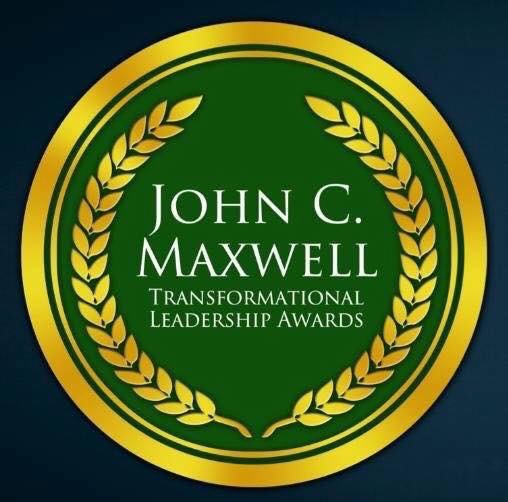
There are many titles that fall within the C-level of an organization – Chief Executive Officer, Chief Operating Officer, Chief Financial Officer, Chief Technology Officer, for example. But there is one often-overlooked but important title that applies to all leaders: it is the title of Chief Motivation Officer.
As a leader, it is your job to set strategy, establish goals, and lead your team to get results.
But if you look behind you, and no one is following, you have a problem.
The problem could be an unmotivated team.
How can you be an effective Chief Motivation Officer in your organization, no matter what official position you hold?
1. Know each team member’s strengths.
In any organization, there are generally four types of individuals. We are all a combination of these, and there is a prominent strength composition for each person.
- D-wired – These are your naturally driven leaders.
- I-wired – These are your creative, social, fun-loving team members.
- S-wired – These are your organized, process-driven team members.
- C-wired – These are your detailed, analytical team members.
You will find assessment tools here to share with your team.
2. Place each person properly in the organization.
If you place someone in a position that is not natural to their strengths, even if they are of high character and do their best to play the part, there will be stress.
The employee will be stressed, the team could be stressed, and if this misplacement is a common practice for you, the whole organization could be stressed.
When someone is working in their strengths zone, they become their own Chief Motivation Officer, and great results happen as a welcome side effect.
3. Communicate with your team members in their language.
- D-wired – Speak in bullet points. Give them three bullet points, issue a challenge, and they are ready to take on the world.
- I-wired – Communicate to them visually. Use vivid color. Make it fun. And use the word “change”…a lot. They love that word! Don’t even try using spreadsheets for this group – spreadsheets to an I-wired person are like kryptonite to Superman.
- S-wired – Speak in a very organized and collaborative fashion. Slow the pace when introducing change. Give them time to warm up to the idea. Let them know you need their help.
- C-wired – Speak in spreadsheets. Introduce change in terms of details and numbers. And give them time to think it through and ask questions before you implement. They WILL have questions – plenty of them, and good ones. And if they challenge an idea, listen to their reasoning. They could see something you don’t in the details.
4. Support your team.
- D-wired – Allow them to lead wherever possible.
- I-wired – Allow them to be involved in the creative side of the project – ideas, marketing, and anything involving people.
- S-wired – Allow them to work with small teams, especially in the areas of planning and processing. They are usually good project managers.
- C-wired – Allow them time to research, analyze, control quality, and do detailed work. The details that drain an I-wired person will energize a C-wired person.
The job of a Chief Motivation Officer is easy once you tap into the strengths of your team.
There is nothing more motivating to anyone than being able to use their strengths to reach goals that benefit everyone.
———
To learn more about your individual or team strengths and how you can use them to generate greater results in your organization, contact Deb Ingino.
As the CEO of Strength Leader Development, Deb Ingino is a highly sought-after international executive mentor, coach, trainer and speaker. Deb is well versed in global business operations and helps business leaders and their teams to discover and leverage their strengths, so they can create highly collaborative teams that deliver great results. With a refreshingly direct style, Deb helps leaders and their teams to deliver profitable results. Connect with Deb to learn more about her mentorship and coaching programs to equip you with advanced strategies to elevate your results.
Do you know a leader making a difference? Would you like to let the world know about them and their work? Why not nominate them for our John Maxwell Transformational Leadership Award! You can find info and nomination form here: http://johnmaxwellteam.com/leadership-awards-home

+ view comments . . .